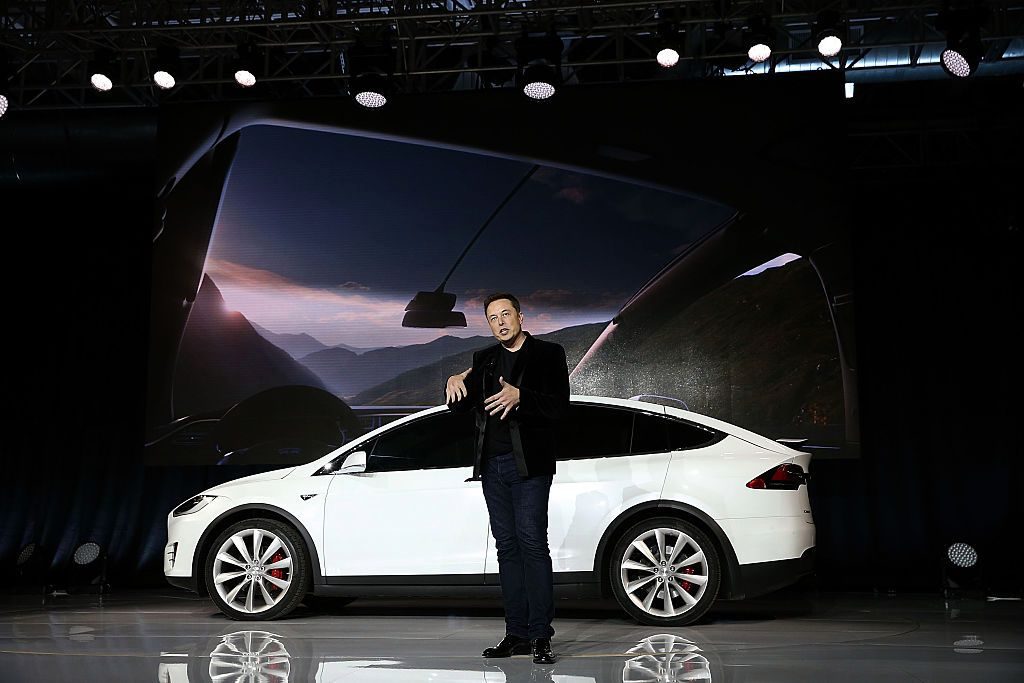
Elon Musk, CEO of Tesla Motors, announced his upcoming visit to India to meet Prime Minister Narendra Modi via X (formerly Twitter). This meeting is anticipated to unveil plans for investment and potential factory establishment in the country, as per Reuters.
This visit aligns with recent reports indicating Tesla’s exploration of potential locations in India for its proposed electric car manufacturing plant, with an estimated investment ranging from $2 billion to $3 billion.
Additionally, reports suggest that Tesla has initiated the production of right-hand drive vehicles at its German facility, targeting export to India later this year.

The report noted that Musk is scheduled to meet Modi in New Delhi during the week of April 22, and he will be accompanied by other executives during his visit, where they are expected to make an official announcement regarding Tesla’s plans in India.
Tesla has been advocating for reduced import taxes on electric vehicles in India, and the recent reduction in import taxes on certain electric vehicles requires carmakers to invest a minimum of Rs. 4,150 crore and commence commercial production within three years.
Tesla’s potential entry into India could encourage further investments in EVs and benefit local auto parts manufacturers. Despite a global slowdown in electric vehicle demand, Musk emphasized on X this week that “India should have electric cars like every other country has electric cars,” signaling Tesla’s commitment to entering the Indian market.
Analysts suggest that the Indian government’s policy requiring a localization level of 25% by the third year and 50% by the fifth year for lower custom duties on Completely Built Units (CBUs) could promote greater EV adoption and expand product ranges.
Despite being a small segment, India’s EV market is growing, constituting just 2% of total car sales in 2023, primarily dominated by local carmaker Tata Motors. However, the government aims to achieve a 30% market share for EVs by 2030.
